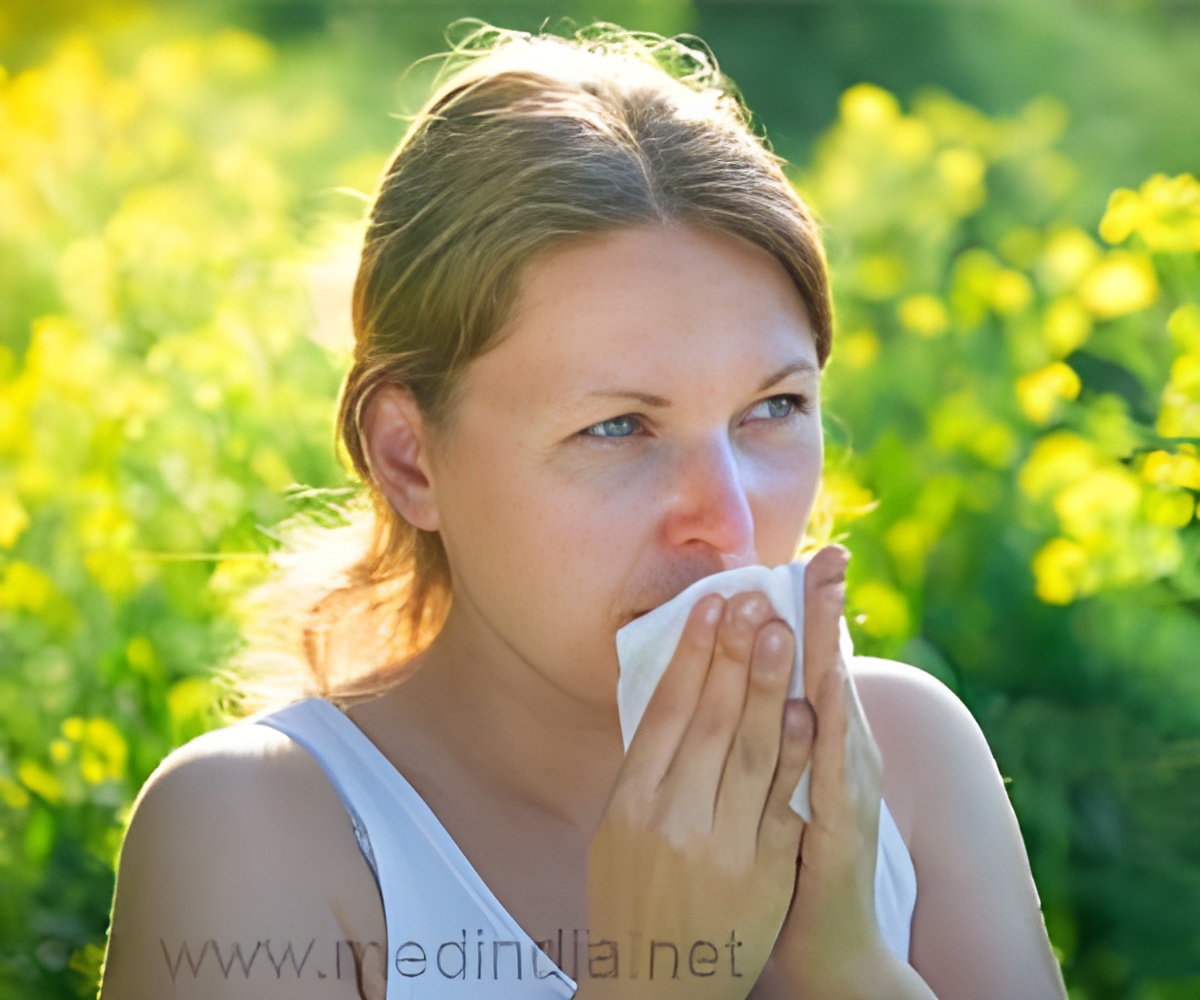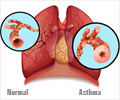Pollen exposure during pregnancy may increase the risk of developing respiratory diseases such as asthma and other allergies in babies. Umbilical cord blood can be a marker to predict the development of these diseases.

‘Pollen exposure during pregnancy may increase the risk of developing respiratory diseases such as asthma and allergic diseases in babies.’





Led by La Trobe University, a team of local (The MACS study) and international (COPSAC2000 and LISAplus) researchers analyzed cord blood collected from hundreds of babies born in Melbourne, Denmark and Germany.They discovered those born during the peak grass pollen season in both hemispheres had high immunoglobulin E (IgE) levels in umbilical cord blood - a marker used to predict the development of allergic diseases.
Lead researcher, Associate Professor Bircan Erbas from La Trobe's School of Psychology and Public Health, said the aim of the study was to determine the effect of exposure to high grass pollens during pregnancy and soon after birth.
"We know that outdoor pollen exposure during the first couple of months after birth can lead to allergic respiratory diseases and we suspected that exposure during the later stages of pregnancy may also be important," Associate Professor Erbas said.
"Many studies have shown that babies with high levels of IgE in cord blood can go on to develop allergies later in childhood, but little is known about how these levels are affected by exposure to pollen in utero."
Advertisement
IgE levels were highest for German and Danish babies born around April - the peak pollen season in Europe.
Advertisement
"We found these babies had lower IgE levels. This was a significant finding and indicates the possible development of a sensitization barrier. However, more research needs to be done, and currently we are working on studies to identify the specific risk time periods of pollen exposure during pregnancy on asthma and allergies in children," Associate Professor Erbas said.
She stressed that the study did not suggest that all babies born during high pollen seasons would develop a respiratory disease or other allergies.
"The study provides new insight that could help us predict and manage diseases like asthma - which are a significant public health burden.
"However, it's important to remember there are a number of factors that can determine who gets asthma or allergies. This is one piece of the puzzle."
Source-Eurekalert















